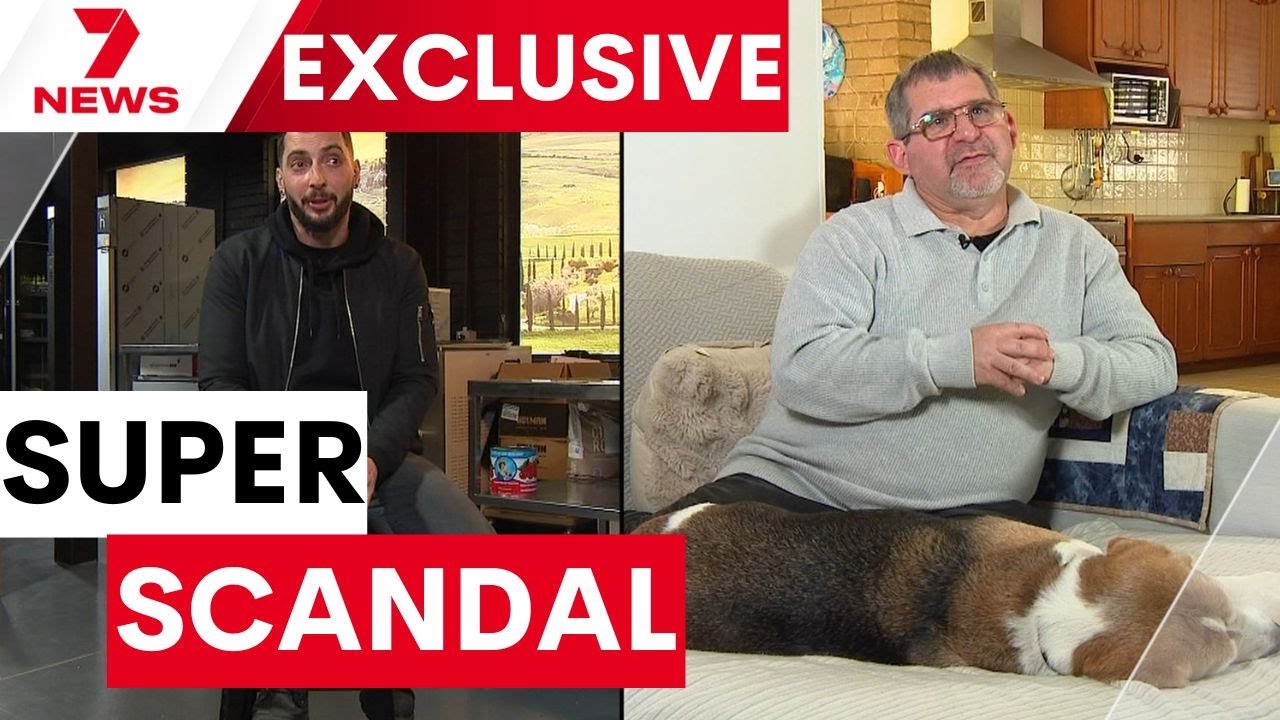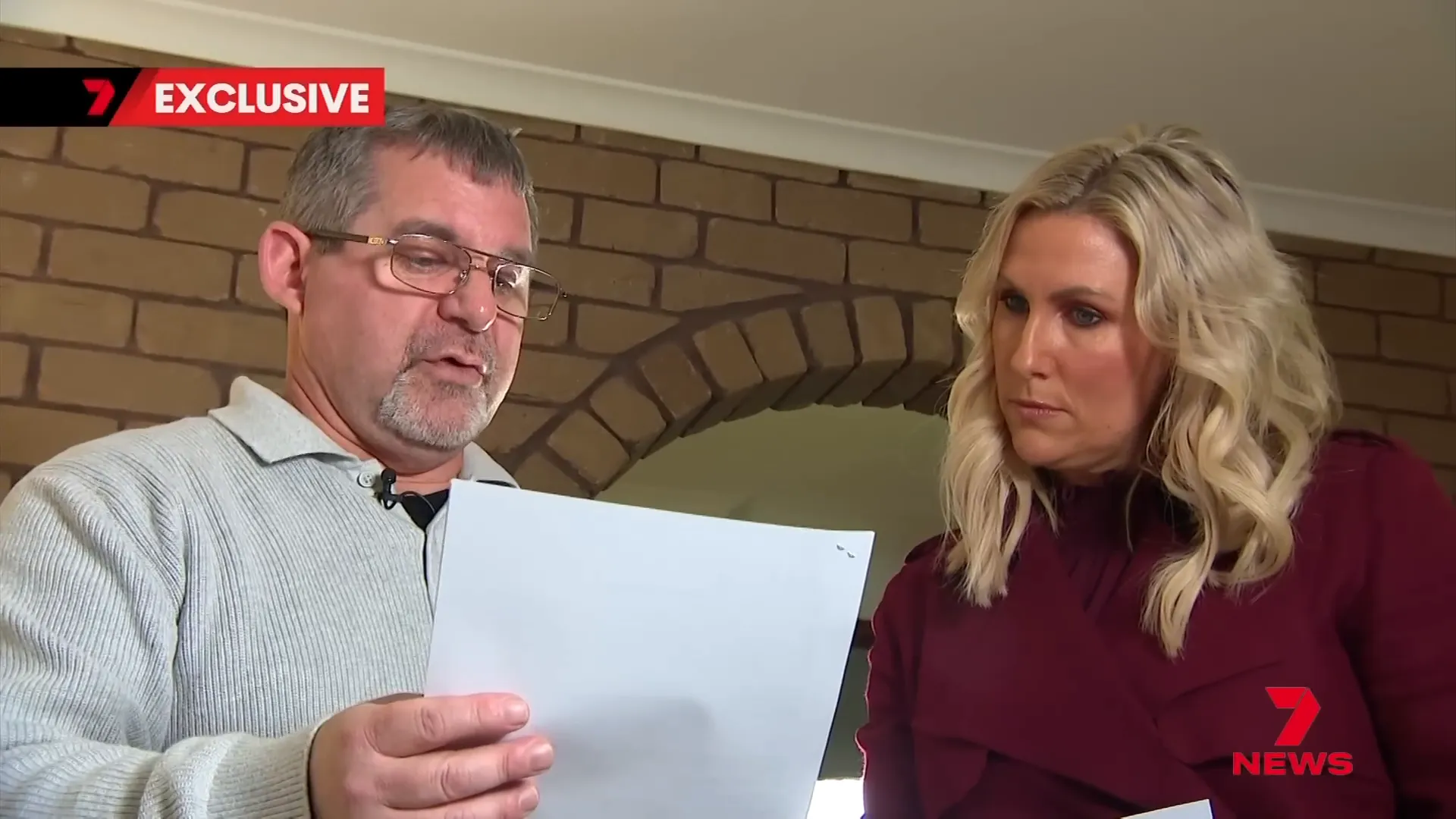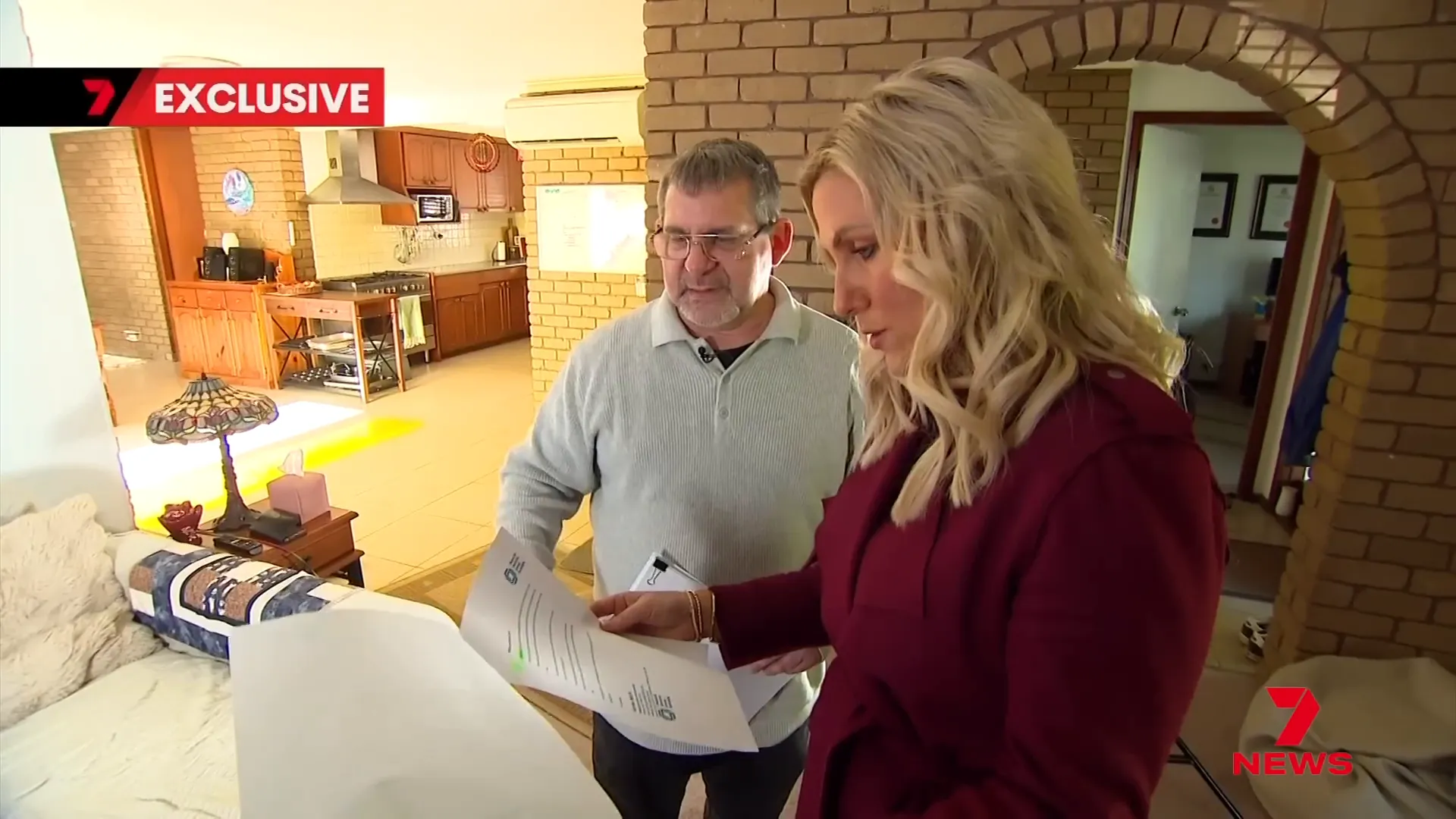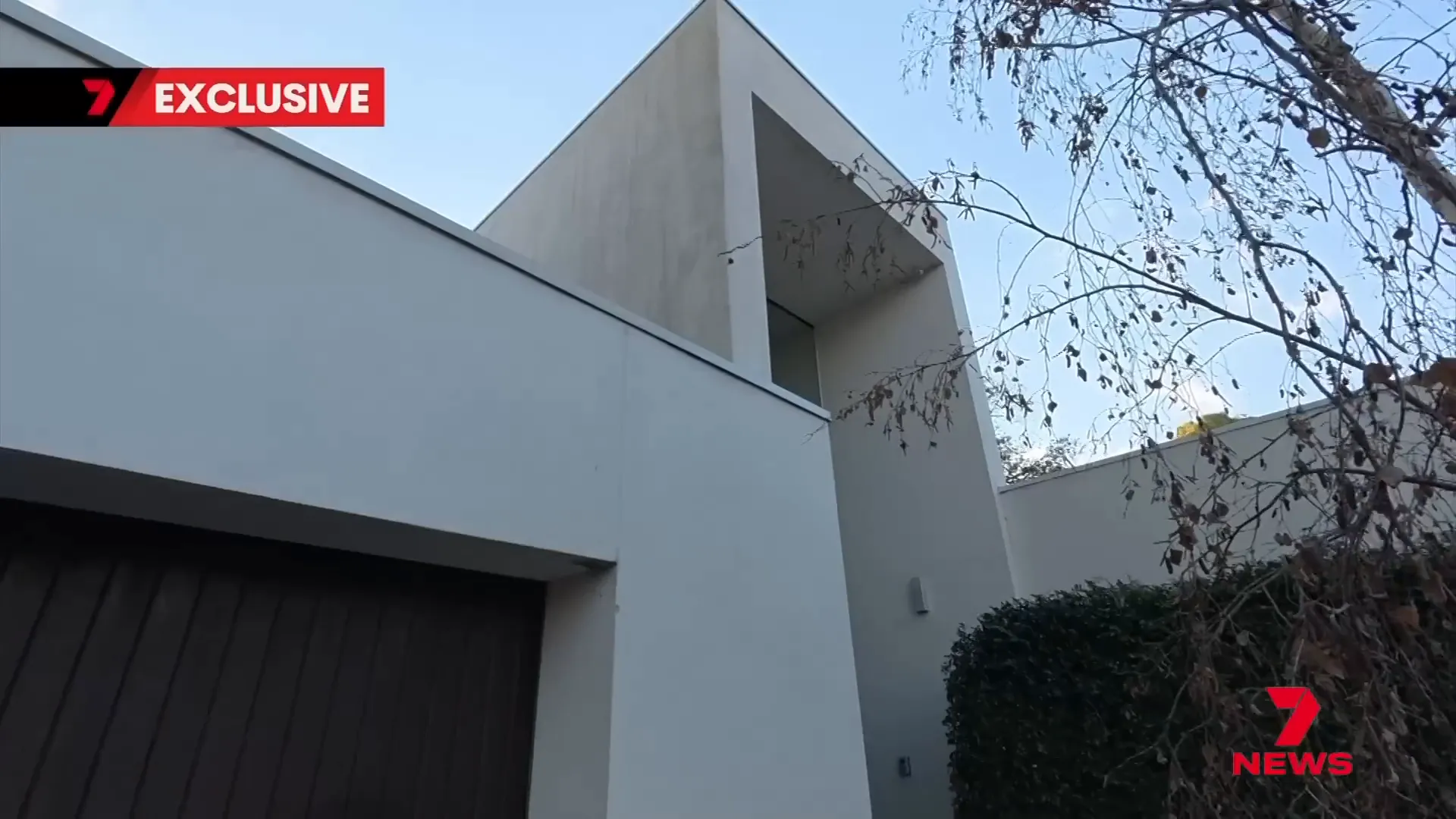Aug 3, 2025
A Superannuation Scandal Set to Rock the Nation

Australia's retirement savings system, valued at a staggering four trillion dollars, has been shaken by one of the country's biggest fraud cases in history. The collapse of the First Guardian and Shield Investment Funds has left thousands of investors devastated and thousands more questioning the security of their superannuation. This article delves into the details of the scandal, the impact on victims, and the growing calls for urgent action.
Table of Contents
- The Collapse of First Guardian and Shield Investment Funds
- The Government and Regulatory Response
- The Financial and Emotional Toll on Victims
- What This Means for Australia's Superannuation System
- Calls for Urgent Action
- Frequently Asked Questions (FAQ)
The Collapse of First Guardian and Shield Investment Funds
First Guardian and Shield Investment Funds were once perceived as legitimate superannuation funds, trusted by thousands of Australians to safeguard their retirement savings. However, it has now emerged that these funds were, in fact, Ponzi schemes. At the centre of the scandal are directors David Anderson and Simon Salomage, who allegedly orchestrated the fraudulent operation under the guise of legitimate super funds.

The fallout has been catastrophic. Approximately twelve thousand investors have lost their retirement savings, with losses amounting to over a billion dollars. Mark Farnsworth, one victim, lost $650,000 after following his financial adviser's recommendation to move his super to First Guardian. In his own words, he now faces an uncertain retirement, unsure if he will even be able to afford basic comforts like heating.

Juan Carlos Sanchez is another victim who lost $120,000 in a similar fashion. Their stories exemplify the widespread devastation impacting Australian retirees and future retirees alike.
The Government and Regulatory Response
The corporate watchdog, ASIC (Australian Securities and Investments Commission), has taken some steps by freezing assets linked to Anderson and Salomage. David Anderson has been forced to vacate his $9 million mansion in Hawthorne, with authorities changing the locks to prevent further access.

Despite these actions, victims remain frustrated by the slow pace of regulatory intervention. Critics argue that ASIC moved too slowly, with allegations against the fund dating back to 2019. Questions remain about how Anderson allegedly siphoned more than $270 million offshore, even after ASIC began surveillance.
ASIC has refuted claims that the $270 million was moved offshore after their investigation started, but this has done little to quell public concern. The slow regulatory response has fueled anger and despair among victims, some of whom have been left with no clear path to compensation.
The Financial and Emotional Toll on Victims
Victims face significant hurdles in recouping their losses. Compensation claims through the Australian Financial Complaints Authority (AFCA) are capped at $150,000, far less than many have lost. Additionally, liquidators are charging fees estimated at around $8,800 per day, further complicating recovery efforts.
Legal support is emerging, with firms like Slater and Gordon investigating class actions on behalf of victims. However, the emotional toll has already been profound. Tragically, one person has taken their own life amid the despair caused by these financial losses.
"I was upset, but now I'm angry," said one victim, expressing the growing frustration felt by many.
What This Means for Australia's Superannuation System
The scandal has sparked a wider debate about the security and oversight of Australia's superannuation system, which holds approximately four trillion dollars in assets. If such a massive fraud could impact twelve thousand investors, many fear it could happen to millions more.
The incident raises urgent questions about the safeguards in place to protect Australians' retirement savings from bad faith actors and fraudsters. It is a stark reminder of the need for vigilant regulation and swift action when misconduct is suspected.
Calls for Urgent Action
Victims and advocates are pleading for stronger government intervention and faster regulatory responses. The silence from authorities has been described as "deafening," and there is a growing demand to stop ignoring the cries for help.
The message is clear: the time to act is now. The integrity of Australia’s superannuation system and the financial security of millions of Australians depend on it.
Frequently Asked Questions (FAQ)
What happened with First Guardian and Shield Investment Funds?
They were fraudulent Ponzi schemes masquerading as legitimate superannuation funds, resulting in over a billion dollars lost by investors.
Who are the key individuals involved?
David Anderson and Simon Salomage, the directors of the funds, are alleged to have orchestrated the fraud.
How many people were affected?
Approximately twelve thousand investors suffered losses, with many more concerned about the broader implications for Australia's superannuation system.
What has ASIC done in response?
ASIC has frozen the assets of the accused individuals and initiated investigations but has been criticized for moving too slowly.
Can victims get compensation?
Compensation claims through AFCA are capped at $150,000, which is often insufficient. Legal firms are exploring class actions to support victims.
What can be done to prevent future fraud?
Stronger regulatory oversight, faster response times from authorities, and increased transparency in superannuation fund management are crucial steps.
This scandal is a wake-up call for Australia’s financial regulators and the government to ensure the protection of retirees’ hard-earned savings. The voices of victims cannot be ignored any longer.